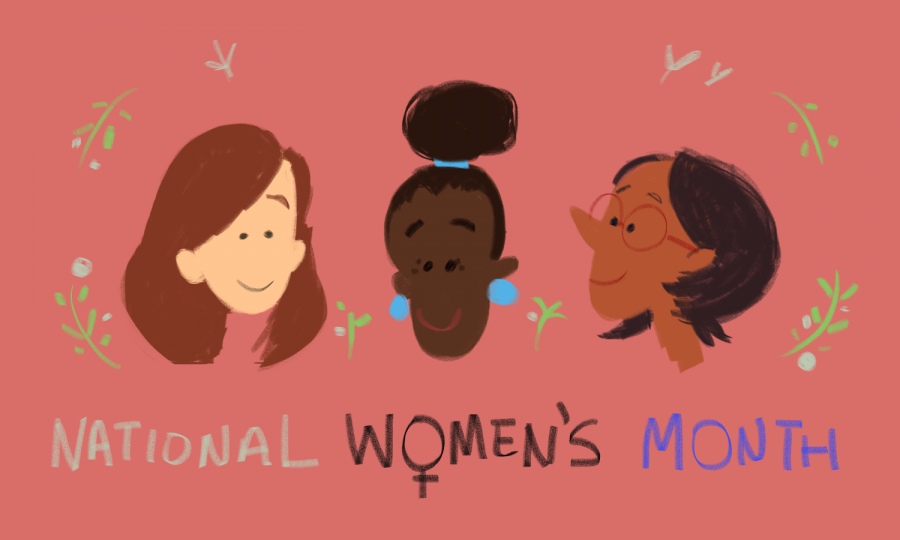The Iconic Month that Recognizes Iconic People, Also Known as March
Every year, March’s month is recognized as National Women’s History Month in the United States.
Like months such as Black History Month and Spanish Heritage Month, the month of March allows a particular group of people who have been oppressed and dehumanized throughout history to celebrate their journey and remarkable contributions that shaped our world.
How National Women’s History Month Came to Be:
National Women’s Month was initially National Women’s week, which we can take back to Santa Rose, California, in 1978.
The Education Task Force of Sonoma County, California, put together a local celebration that corresponded with March 8th, which is International Women’s day, and dedicated that whole week to celebrate women.
A Chain Reaction:
We can call Sonoma County a certified trendsetter because people worldwide decided to celebrate women for that whole week within the following year.
That brings us to 1980, when clusters of Women’s groups and Women’s history-focused historians — led by the National Women’s History Project (now recognized as the National Women’s History Alliance) — lobbied for the week to get national recognition.
To no surprise, these amazing women succeeded!
In February 1980, President Jimmy Carter declared the week of March 8th as National Women’s History with a Presidential Proclamation.
Every President then continued to recognize the week of March 8th as Women’s History Week — until we saw a turn of events.
In 1987, Congress passed Public Law 100-9 that designated the month of March to National Women’s History Month!!
But it did not stop there; between 1988 and 1994, Congress acted and passed further resolutions that requested and authorized Presidents to proclaim March as National Women’s History Month every year.
It Is More Than Just History:
This month is not just about Women’s History.
It is also about continuing the fight for the strong, unique, and hardworking women who worked so extremely hard in past generations.
One may say, “Well, women can vote, work, be in places of power, initiate divorce, get an education, etc., so what else could they possibly be fighting for to this day?”
Instead of going into the long list of reasons, here are some prominent issues you may not be aware of if you are asking that question:
- The wage gaps
- The oppression of women in third world countries
- The pink tax
- Bodily autonomy
- Normalized misogyny
- Trans rights for women and men
- Accessibility of menstrual products
This list could go on for a very long time, and each reason may not affect you directly, but it greatly affects marginalized groups of people tremendous amounts.
Making a Change:
The fight happens all year round; it does not just resume in March. Contributing to it is as simple as educating yourself, even signing petitions. Taking it a step further could be things such as educating your peers. No matter the size, anything that contributes to the broad idea of gender equality is equally important.
Take this month to inform yourself of the journey women have been on to get where we reside today, then begin to touch on how it is being continued every day.
The website linked below has excellent resources to use when taking personal action in informing yourself.
https://www.aclu.org/other/comprehensive-list-womens-rights-resources
Want to take collective action?
Join the Girls International Club at South, run by Macie Mitnick, Lynn Choi, and teacher advisor Madame Chemin!
You can see more about the club on our Instagram @cbgirlsinternational.
You can join at any time and can expect many opportunities to make significant impacts upon gender equality.
Enjoy this iconic month that celebrates and recognizes iconic people in the past and present times.
Please make a difference; whether it be big or small, the importance is always the same.











